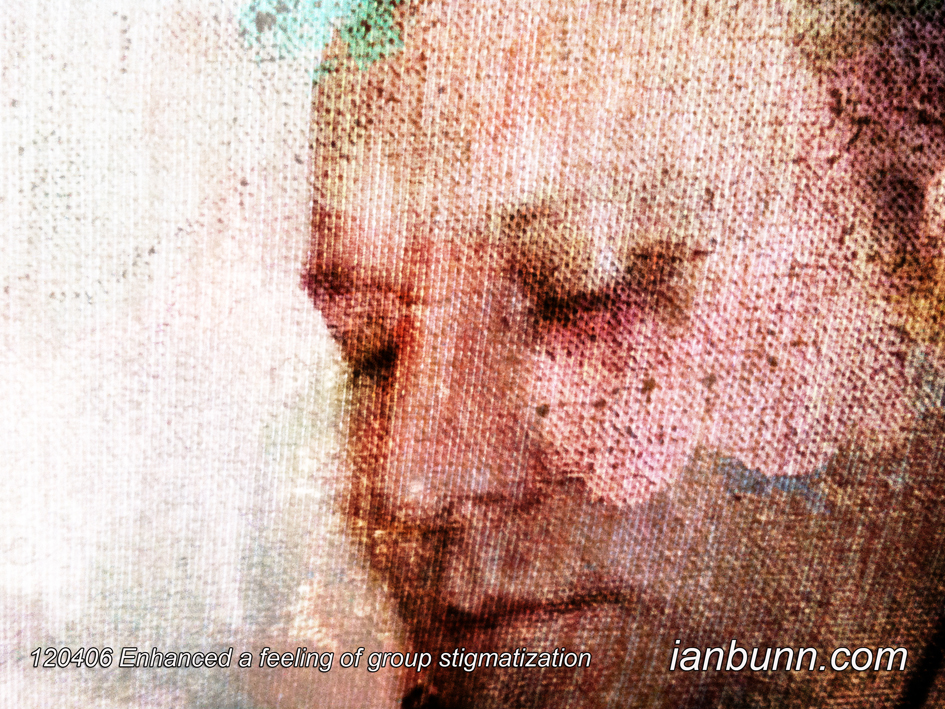 Court gives torture the green light (October 28 2012)
Court gives torture the green light (October 28 2012)
Jeanne Theoharis an American an associate professor of political science, along with Saskia Sassen has published an article on The Nation titled ‘A Human Rights Court Gives Torture the Green Light’. The article states “…the European Court of Human Rights (ECHR) bowed to pressure from the US and British governments and turned a blind eye to the torturous conditions at the federal Supermax prison, ADX (short for Administrative Maximum), in Florence, Colorado, where prisoners languish in long-term solitary confinement. Dealing a blow to human rights on both sides of the Atlantic, the court rejected an appeal by five terror suspects held in Britain to block their extradition to the United States. …The most restrictive prison in the federal system, ADX was built to keep every prisoner in solitary confinement and designed to limit all communication among prisoners. Cells are the size of a small bathroom with thick concrete walls and steel doors. A prisoner must eat, sleep, shower, read, pray and use the toilet in the cell. For one hour a day, prisoners may exercise in an outdoor cage too small to run in or in a windowless indoor cell, empty except for a pull-up bar. The outdoor “recreation” cages are known as “dog runs” because they resemble kennels. The only “contact” ADX prisoners have with other inmates is shouting to each other through toilets, vents or the outdoor cages. They receive food through a slot and eat every meal alone within arm’s length of their toilet. Psychiatric care at ADX often consists of shouting to prisoners through their doors to inquire if they’re “OK.””
Inspired by The Nation ow.ly/ezBjl image source Wnyc ow.ly/ezBdb



